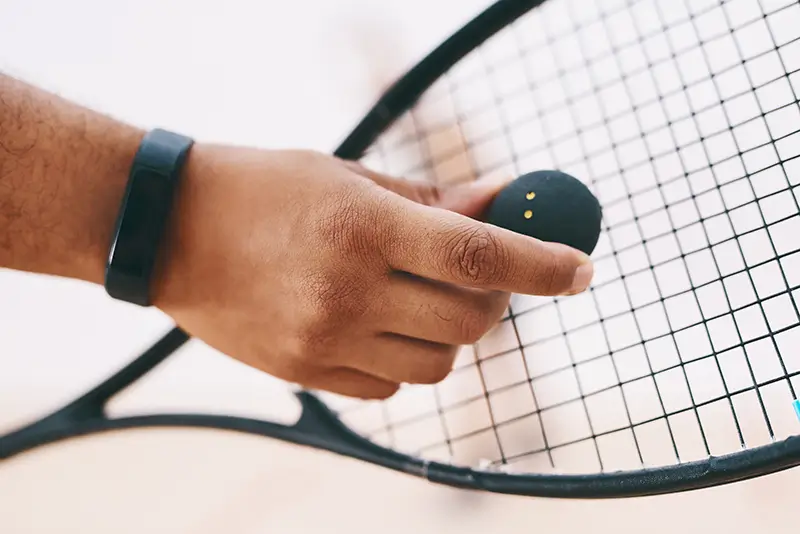‘Smart Racquets’ are helping tennis players understand what is going wrong with their shots and what is going right. These ‘connected’ racquets are designed to capture data (such as shot power and ball impact location) about the player’s game so that it can be mined or analyzed by experts. This information will help the players compare their shots and improve their shots. According to a Reuters report, this innovative tennis racquet will be used by the world’s best players at professional tournaments such as Roland Garros and Wimbledon. The International Tennis Federation (ITF) recently modified the rules of tennis to permit the use of player analysis technologies during official competitions.
The Babolat racquet is equipped with data-capture sensors in its handle. It can feed information about the player’s forehands, backhands, and much more, and report exact happenings, rather than just a feeling from the player. Information captured would include
- The number of strokes
- Total play time
- Shot power and ball impact location
- The level of spin imparted
- Technique
- Powers
- Endurance
- Consistency
- Energy and rallies
This information is transmitted via bluetooth to smartphones or tablets where players and coaches can analyze and share it with other analysts and online communities. Mining data will help players gain insights on how to make each shot better and to identify pitfalls. Analyzing data over several matches will make it possible to analyze the shot selection of the players, whether they used too much variety or not enough variety, whether they are playing to their strengths, and much more. Such information would be invaluable in a sport where millions of dollars are invested in training and technology to help players gain a competitive edge.
The person behind this innovation is Eric Babolat, head of the French company Babolat which has been involved in the manufacture of tennis equipments for over a century. The technology has been developed over a period of ten years by a dedicated team of technicians, scientists and researchers.
While the ITF has accepted the use of Babolat racquets, it restricts the transmission of data during a match.




